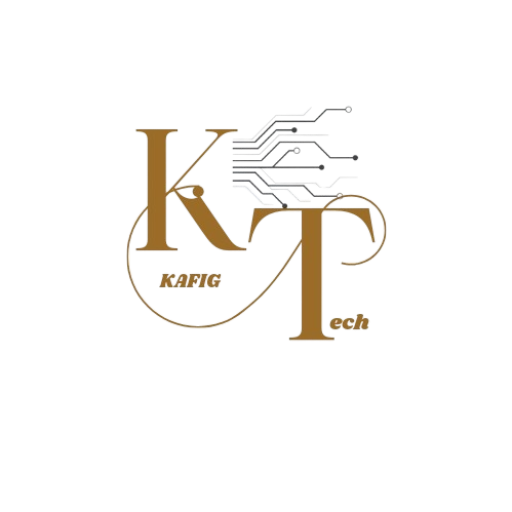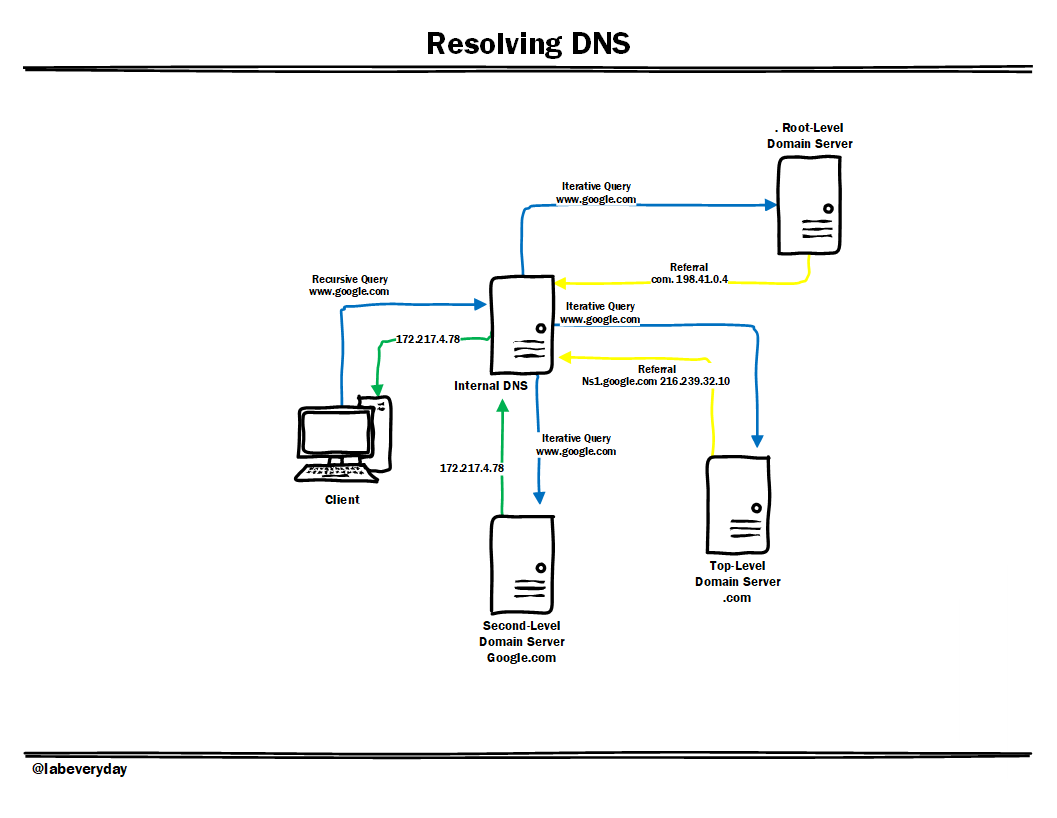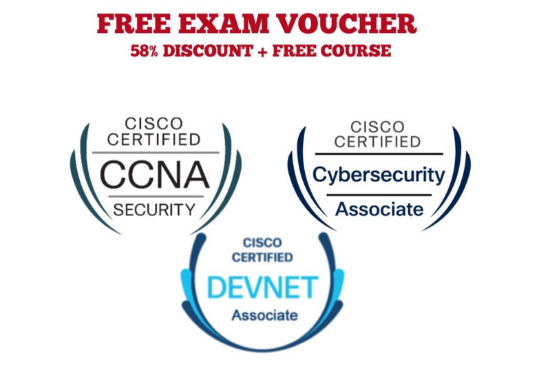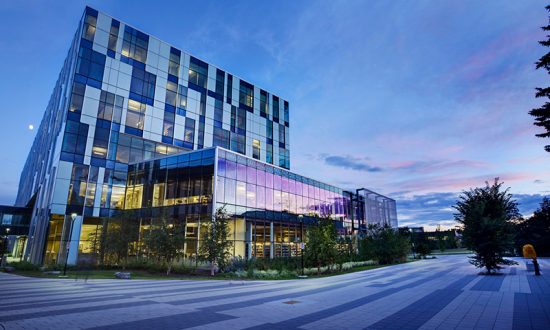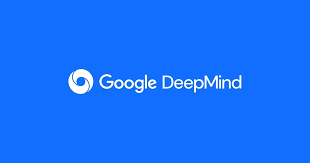Journey of a Google Search: From Keystrokes to Results
Journey of a Google Search: From Keystrokes to Results
When you type https://www.google.com into your browser and press Enter, a fascinating series of events unfolds behind the scenes to deliver you Google’s home page. Let’s break down this journey:
1. DNS Request
First, your browser needs to find out where Google’s server is located on the internet. This is where DNS (Domain Name System) comes into play. Here’s what happens:
- Local DNS Cache: Your browser or your operating system might first check if it already has the IP address for Google cached from a previous search.
- DNS Query: If not found locally, your device sends a DNS query to your configured DNS server (often provided by your ISP or set manually to services like Google DNS or Cloudflare DNS).
- DNS Resolution: The DNS server searches for the IP address associated with www.google.com. This might involve querying multiple DNS servers until it reaches an authoritative name server for Google, which finally provides the IP address.
2. TCP/IP Connection
Once the IP address is known:
- TCP (Transmission Control Protocol): Your device initiates a TCP handshake with Google’s server to establish a connection. This involves:
- SYN (synchronize) packet from your device to Google.
- SYN-ACK (synchronize-acknowledge) from Google back to your device.
- ACK (acknowledge) from your device to Google, establishing the connection.
- IP (Internet Protocol): This part ensures that data packets can be routed from your device to Google’s server across the internet.
3. Firewall Interaction
- Outbound Firewall: Your personal firewall or network firewall checks if the outgoing connection to Google is allowed according to your security policies. If permitted, the request passes through.
4. HTTPS/SSL Handshake
Security is key when communicating on the internet:
- SSL/TLS Handshake: Your browser and Google’s server perform an SSL/TLS handshake to establish a secure connection:
- Exchange of cryptographic parameters.
- Agreement on an encryption method.
- Server authentication via certificates (your browser checks if Google’s server certificate is signed by a trusted Certificate Authority).
- Creation of symmetric encryption keys for the session.
5. Load Balancer
Google uses load balancers to manage server load:
- Load Balancer: Upon receiving your request, Google’s load balancer decides which backend server will handle your request based on load, server health, or geographic location, ensuring optimal performance and availability.
6. Web Server
- Web Server: The selected server receives your HTTP request. This server might be running software like Apache or Nginx to handle HTTP requests, process them, and prepare to serve content.
7. Application Server
- Application Server: Here, Google’s application logic comes into play. If you’re searching, your query would be processed:
- Parsing your query.
- Calling relevant services or microservices to handle specific aspects of search functionality.
8. Database
- Database Interaction: Although not all requests need database access, for many operations like search, Google might:
- Query its vast index of web pages stored in databases.
- Retrieve results, rank them, and prepare them for display.
The Return Journey
Once Google has processed your request:
- Response: The web server sends back an HTTP response with HTML, CSS, JavaScript, and possibly other resources.
- Back through the Load Balancer: Your response might pass through Google’s load balancer again.
- HTTPS Encryption: The data is encrypted before transmission back to you.
- TCP/IP: The response travels back via TCP/IP, through any firewalls, and finally to your device.
- Browser Rendering: Your browser decrypts the data, interprets the HTML, executes JavaScript, loads CSS, and paints the Google homepage on your screen.
This journey illustrates the complexity and coordination required for what seems like a simple web search, showcasing the intricate dance of internet protocols, security measures, and server-side technologies. Each step is crucial in ensuring that your request is handled efficiently, securely, and reliably.
Free Voucher for CCNA, CyberOps & DEVNET
Free Voucher for CCNA, CyberOps & DEVNET📢
Join a 3 months Cisco training program to gain valuable knowledge, earn a completion certificate, receive a badge, and even get a free exam discount voucher.
Subscribe to our Newsletter for more free cybersecurity resources.
To qualify for the vouchers, you need to:
▫️ Register with Cisco Netacad using the provided link (preferably a new account)
▫️ Achieve a score of 70% or higher on the qualifying course final exam on your FIRST ATTEMPT
▫️ Ensure your exam is marked as “Complete” in the Netcad grade book
▫️ Request your voucher
Link for Registration: Cisco Netacad Challenge 2025
kindly REPOST, someone might find it useful.
Free Cybersecurity Courses And Certifications
Not every learning opportunity needs to cost you a penny. Here are some ways to upskill and gain essential cybersecurity knowledge, totally free:
1. Google Cybersecurity Professional Certificate
Google’s cybersecurity certification is available for free on Coursera if you qualify for funding; you will learn in-demand skills such as cybersecurity practices, threats and vulnerabilities, and Python, Linux, and SQ. The course is aimed at beginners with zero industry experience, and you can share the certificate on your LinkedIn profile upon completion.
2. ISC2’s Certified In Cybersecurity
ISC2, the leading membership association within the cybersecurity industry, provides ongoing training and certifications, and live events, for its members and those who are interested in carving their career in the industry. One recent initiative is their Certified in Cybersecurity training and exam, which is free of charge for a limited time, and is part of their goal to get one million professionals into cybersecurity. The only stipulations is that you will need to pay a $50 annual fee to become a certified member of ISC2 after passing your exam
3. Palo Alto Networks Free Cybersecurity Education Courses
Palo Alto Networks provides free courses covering network security, cloud security, and SOC fundamentals on its website, and completion of these courses allows you to take the exam for their Palo Alto Networks Certified Cybersecurity Entry-level Technician (PCCET) certification.

By undertaking these cybersecurity certifications, you evidence your practical, hands-on skills to employers and are able to learn evergreen skills that can be applied whether you ultimately choose to work in a 9 to 5 job, or embark on a freelance cybersecurity career.
University Of Calgary Entrance Undergraduate Scholarships, 2025 – Apply Now
The University of Calgary, Canada International Entrance undergraduate degree Scholarship is a prestigious award that recognizes the outstanding accomplishments of international students beginning their undergraduate studies.
This scholarship opportunity is awarded to individuals who are interested in entering first year in an undergraduate degree program at the Institution.
Value Of Scholarships: $20,000 every year. This amount will be paid to successful candidates every year all through their studies provided they continue to meet the academic requirement of the University of Calgary.
Application Deadline: The application deadline for Fall 2025 admission is 1 March 2025 (standard admission).
Scholarship Type: Undergraduate
Eligibility: To be eligible for this scholarship program, applicants must:
- be a students from outside Canada
- be entering their first year in any undergraduate degree in the upcoming fall term who have satisfied the university’s English Language Proficiency requirement. Renewable in the second, third and fourth year at the University of Calgary, provided recipients achieve a GPA of 2.60 or more over a minimum of 24.00 units in the previous fall and winter terms
- have good academic records.
- be proficient in the English Language.
Application Process: Interested applicants are to apply for admission via the University’s Online Application Portal. Qualified applicants will automatically be considered for the scholarship.
For more information on this scholarship as well as other details, you can, visit the official Scholarship Webpage
NLNG Graduate Trainee Program 2025 for young Nigerian graduates.
Application Deadline: 3rd February 2025.
Applications are now open for the 2025 NLNG Graduate Trainee Program. The Nigeria LNG is currently recruiting interested and qualified candidates for several employment opportunities in the company.
Trainee Lab Analysts.
Requirements
To be eligible to apply for the OPERATOR position, candidate should:
• Possess a Higher National Diploma (HND) in Chemical, Instrumentation, Petroleum/Gas, Mechatronics, Mechanical or Electronics /Electrical Engineering, obtained at a minimum of Upper Credit Level.
• 4 years working experience in LNG operation.
• Skill in LNG process and auxiliary operating areas (Gas Transmission, NG treatment, NG Pre-cooling and Liquefaction, Liquid Handling Unit, LNG utilities, Storage and Loading).
For the above-listed positions, candidates should also possess the following:
• Proficiency in information technology, innovation, and digitalization.
• Have completed NYSC.
Apply Now for the Trainee Technicians and Trainee Lab Analysts Program
Trainee Technicians
Requirements
To be eligible to apply for the TRAINEE TECHNICIAN position, candidate should:
• Possess a Higher National Diploma (HND) in Mechanical, Mechatronics, Electrical, Electronics, Metallurgical or Instrumentation Engineering obtained at a minimum of Upper Credit Level.
For the above-listed position, candidates should also possess the following:
• Proficiency in information technology, innovation, and digitalization.
• Have completed NYSC not earlier than year 2021.
Behavioral Competencies Required:
• Good communication and problem-solving
• Personal effectiveness
Apply Now for the Trainee Technicians Programme
For More Information:
Visit the Official Webpage of the NLNG Graduate Trainee Program
Applications are open for the Microsoft Artificial Intelligence & Machine Learning Research Internship 2025
Research Internships at Microsoft provide a dynamic environment for research careers with a network of world-class research labs led by globally-recognized scientists and engineers, who pursue innovation in a range of scientific and technical disciplines to help solve complex challenges in diverse fields, including computing, healthcare, economics, and the environment.
Microsoft Research New York City (MSR NYC) is looking for multiple Research Interns to collaborate with the members of the machine learning group on topics including machine learning (ML), artificial intelligence (AI), reinforcement learning (RL), and robot learning.
They seek applicants with a demonstrated interest in ML, AI, or RL-related topics—theoretical or empirical—and the passion and ability to craft and pursue an independent research program, including a strong publication record at top research venues. Members of the ML group collaborate extensively with each other and with other groups across Microsoft.
Responsibilities
Research Interns put inquiry and theory into practice. Alongside fellow doctoral candidates and some of the world’s best researchers, Research Interns learn, collaborate, and network for life.
Research Interns not only advance their own careers, but they also contribute to exciting research and development strides. During the 12-week internship, Research Interns are paired with mentors and expected to collaborate with other Research Interns and researchers, present findings, and contribute to the vibrant life of the community.
Research internships are available in all areas of research, and are offered year-round, though they typically begin in the summer.
Benefit
The base pay range for this internship is USD $6,550 – $12,880 per month. There is a different range applicable to specific work locations, within the San Francisco Bay area and New York City metropolitan area, and the base pay range for this role in those locations is USD $8,480 – $13,920 per month.
Eligibility
- Be currently enrolled in a relevant PhD program.
- Research Interns are expected to be physically located in their manager’s Microsoft worksite location for the duration of their internship.
- In addition to the qualifications below, you’ll need to submit a minimum of two reference letters for this position as well as a cover letter and any relevant work or research samples. After you submit your application, a request for letters may be sent to your list of references on your behalf. Note that reference letters cannot be requested until after you have submitted your application, and furthermore, that they might not be automatically requested for all candidates. You may wish to alert your letter writers in advance, so they will be ready to submit your letter.
Preferred Qualifications
- Experience with theoretical or empirical aspects of machine learning, including deep learning, reinforcement learning, and large language models.
- Demonstrated ability to develop original research agendas.
- Able to collaborate effectively with other researchers and product development teams.
- Proficient interpersonal skills, cross-group, and cross-culture collaboration.
- Ability to think unconventionally to derive creative and innovative solutions.
How to Apply:
IIE-Google DeepMind AI Master’s Scholarships 2025 for emerging Artificial Intelligence leaders (Fully Funded)
Application Deadline: Varying by Institution
Applications are now open for the 2025 IIE-Google DeepMind AI Master’s Scholarships. The Institute of International Education (IIE) and Google DeepMind have announced the Google DeepMind AI Master’s Scholarships to significantly expand access to educational opportunities for students in the rapidly growing field of Artificial Intelligence.
Eligibility Requirements
To be eligible for the Scholarships, students must be admitted to a specific postgraduate program at one of Google DeepMind’s partner universities.
Benefits
Each Google DeepMind Scholar becomes part of a community of future AI professionals. The Scholars will receive:
- A scholarship to fully fund their postgraduate degree at a partner university (up to two years)
- Stipend to cover housing and living costs
- Stipend for travel and relocation costs to attend the partner university
- Access to AI-related academic conferences and Google DeepMind events
- Insights and guidance from a mentor at Google DeepMind
Application Requirements
Each partner university establishes the criteria for admission and nominates eligible newly admitted students for the Google DeepMind Scholarships.
Africa
- University of Witwatersrand (South Africa)
- Makerere University (Uganda)
African scholarships not administered via IIE
- Please note, in 2025, Stellenbosch University will be offering and administering Google DeepMind-funded Masters scholarships directly
- The African Institute for Mathematical Sciences’ (AIMS) ‘AI for Science’ Master’s program offers its own Google DeepMind-funded Scholarships. For details, please visit https://ai.aims.ac.za/
Europe
- Sofia University (St. Kliment Ohridski) (Bulgaria)
- École normale supérieure Paris-Saclay (France)
- Aristotle University of Thessaloniki (Greece)
- University of Warsaw (Poland)
- Technical University of Cluj-Napoca (Romania)
Middle East
- Istanbul Technical University (Turkey)
North America
- McGill University (Canada)
- University of Toronto (Canada)
- University of Alberta (Canada)
South America
- UNICAMP Universidade Estadual de Campinas (Brazil)
- Universidad de Los Andes (Colombia)
Contact: GoogleDeepMindScholarships@iie.org
For More Information:
Visit the Official Webpage of the IIE-Google DeepMind AI Master’s Scholarships
